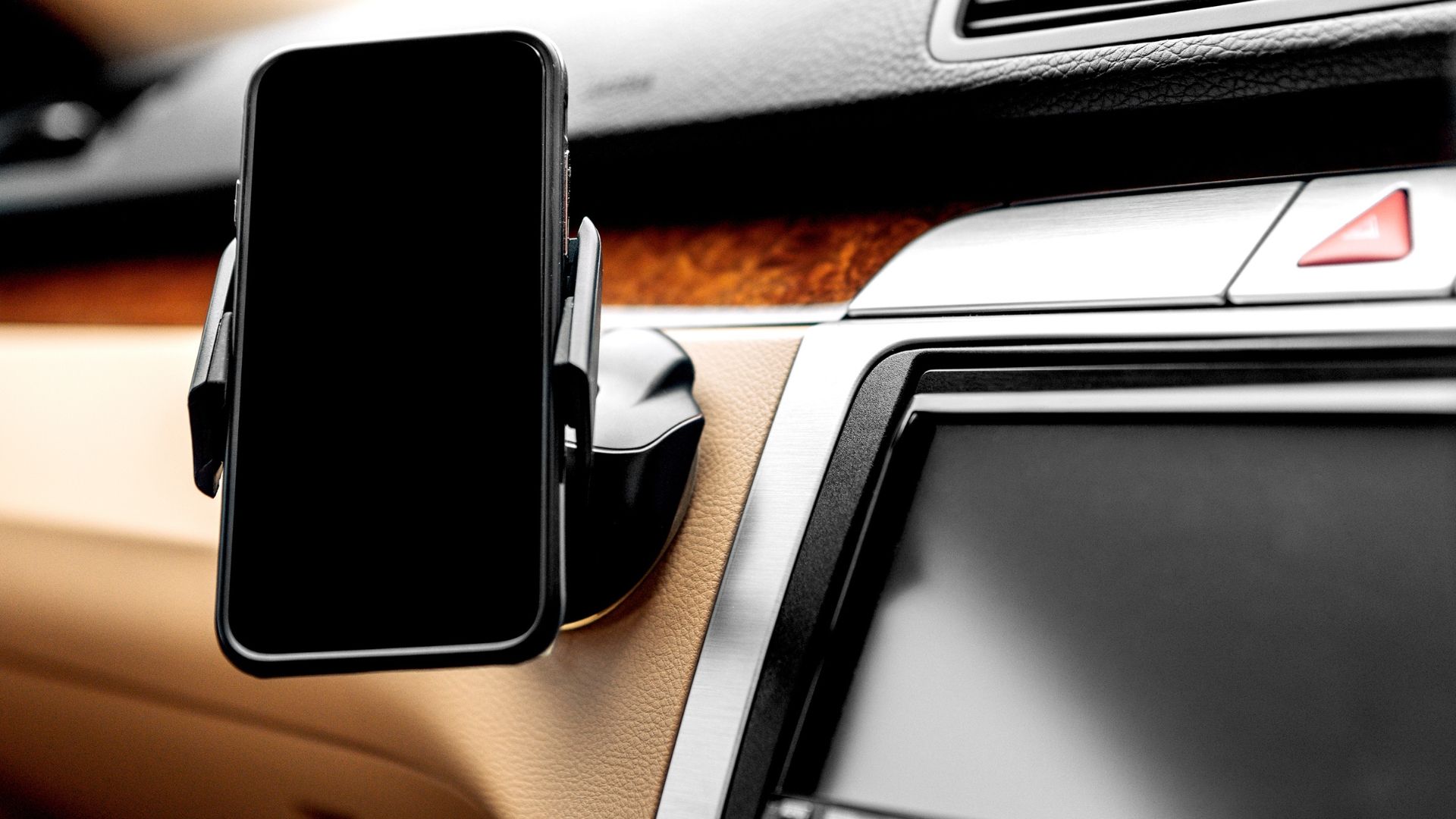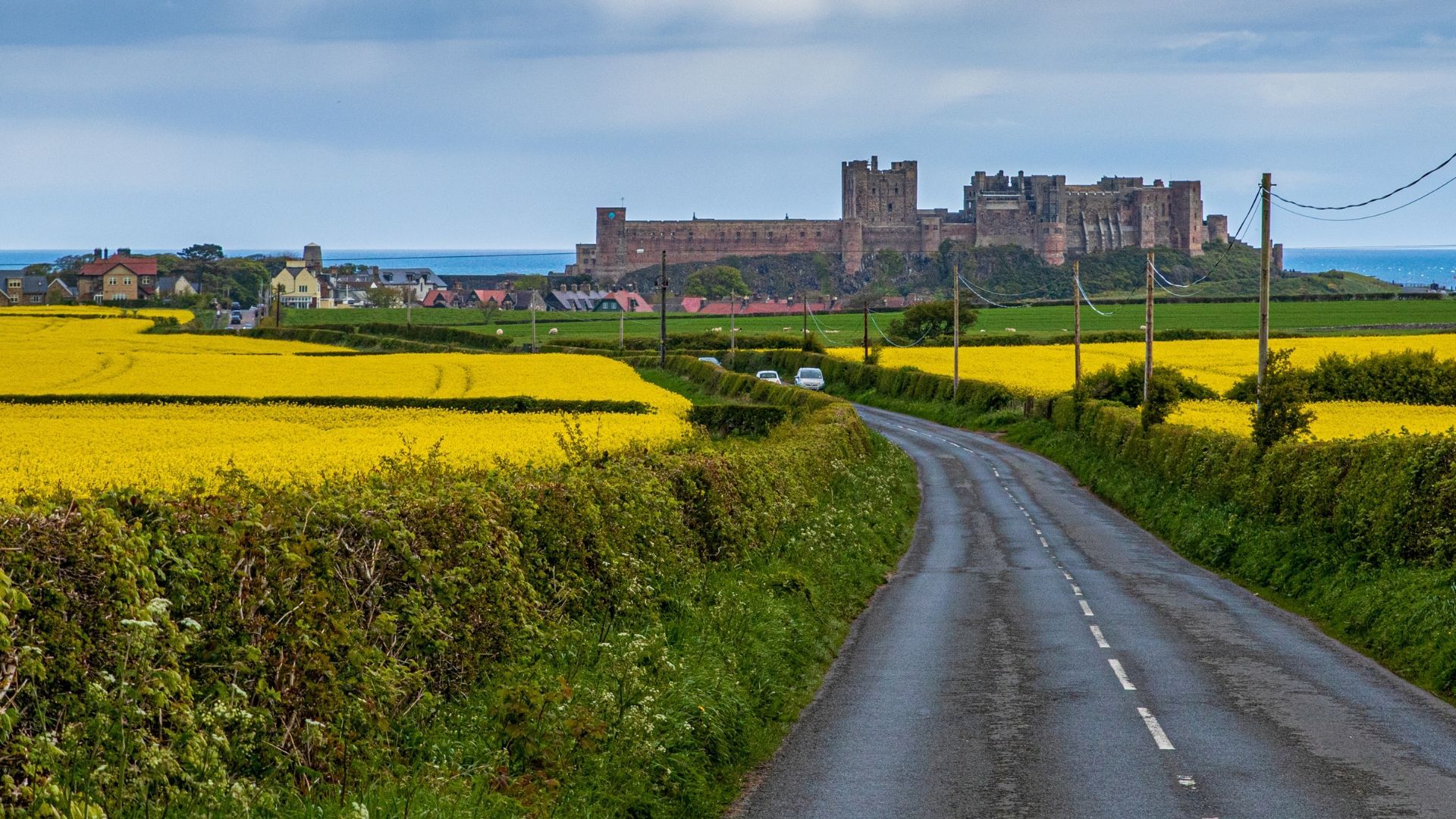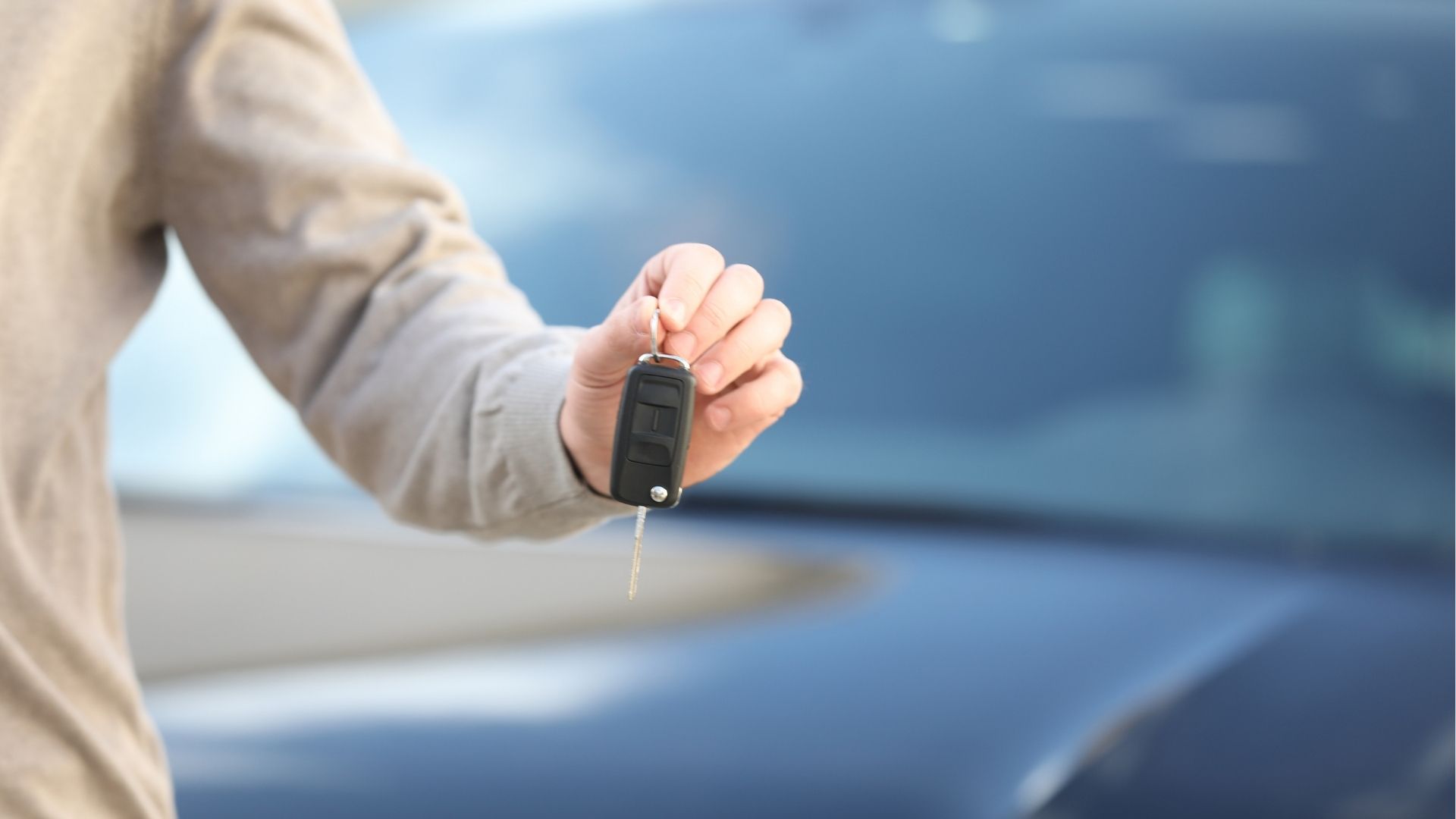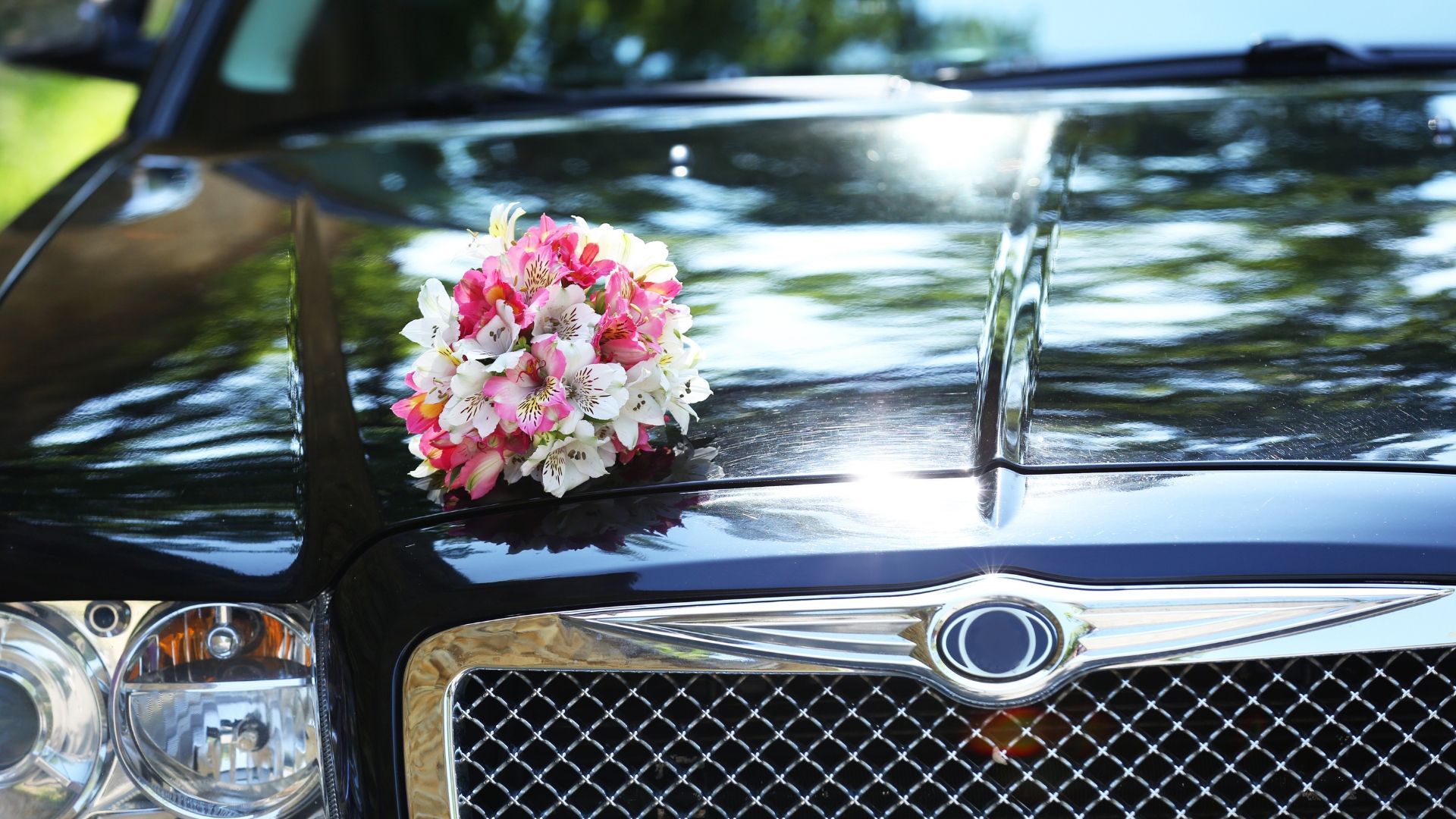The myth of the "white van man"
The media stereotype says people who drive vans are unhealthy middle-aged men with aggressive driving habits. Is it true? Find out in our deep-dive.
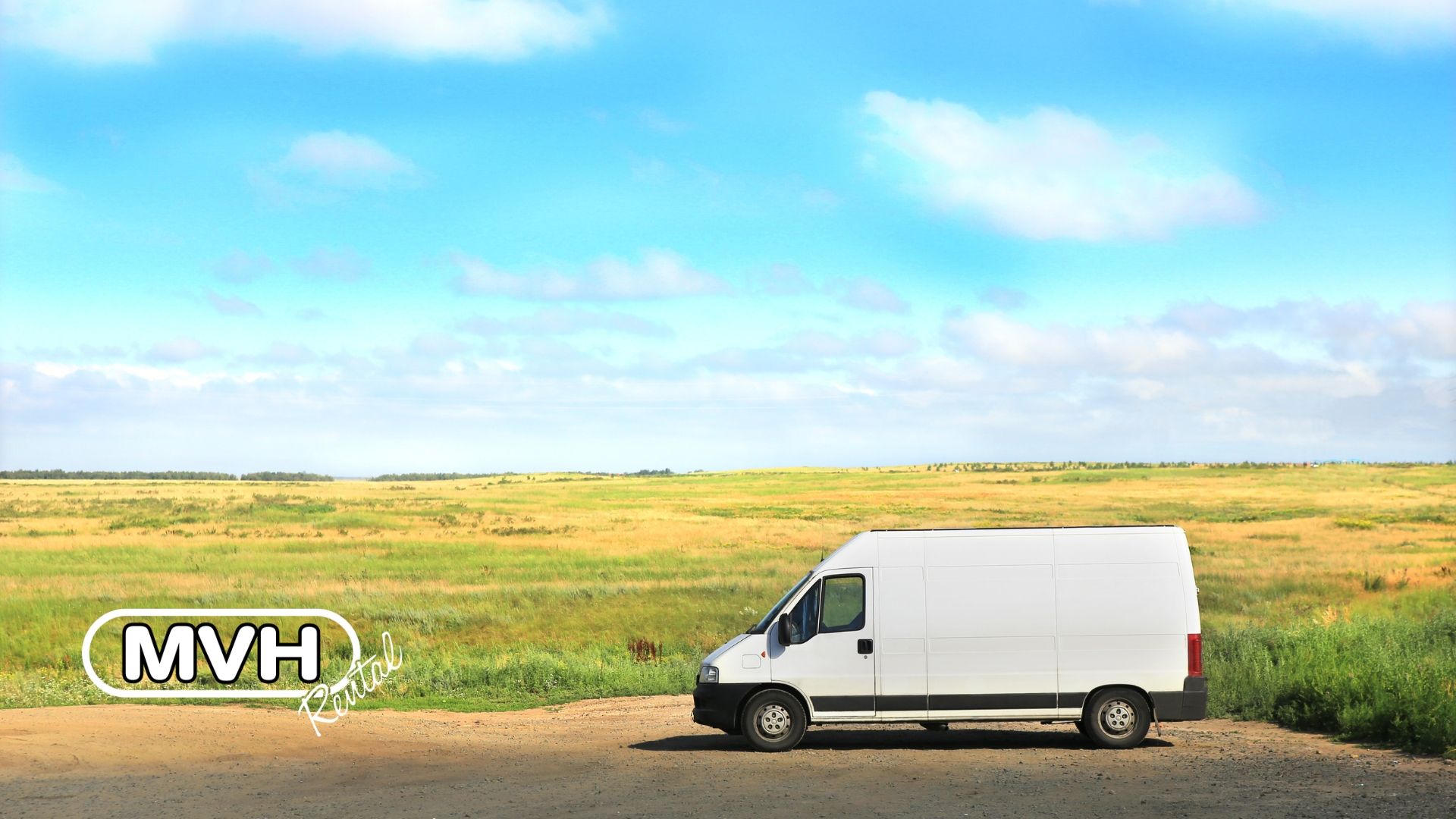
No doubt you've heard of the so-called "white van man". But is there any truth to the stereotype? Join us as we take a long, hard look at the facts.
The makings of a myth
It seems as old as the road, but the myth of the white van man is relatively new.
Two different journalists claim to have coined it in 1997: the year New Labour swept to power and Elton John's "Candle in the Wind" became the biggest-selling UK single ever. Oasis, Blur, All Saints and Radiohead were in the charts, The Spice Girls launched Channel 5 and both Midsomer Murders and Teletubbies made their debuts.
The term "white van man" first appeared in print headlining a Sunday Times article about "the most feared driver on the road". Jonathan Leake warned readers about "a tattooed species with a cigarette in his mouth", whose "bullying antics have now become a threat to all motorists". He told of a "young male van driver who looms in your rearview mirror, comes within feet of your bumper and usually makes obscene gestures until he forces his way past".
The white van man hit the national consciousness when Radio DJ Sarah Kennedy was cut up by just such a driver at 4 AM and wondered what could be done about the phenomenon. The phrase "white van man" was defined as "a man who is thought to be typical of drivers of white vans by being rude, not well educated and having very strong, often unpleasant opinions". It's listed in dictionaries alongside terms like "white trash" and "white collar" – it seems to have formed part of what writer Owen Jones termed "the demonisation of the working class".
The myth becomes legend
Rupert Murdoch's tabloid press cannily embraced the phrase to give readers a sense of shared identity. Marketing industry magazine The Drum posits that "The Sun was happy to embrace these ubiquitous figures of the modern British highway – and the idea that a copy of the red top was an essential feature on any white van's dashboard. At the turn of the century, there was even a regular white van man column in the tabloid, 'A view of Britain from inside the cab'."
The white van man was ubiquitous in noughties popular culture. He popped up in songs by Goldie Looking Chain and Asian Dub Foundation, as well as comedy sketches from Channel 4's School of Comedy and BBC 1's Harry and Paul.
BBC Three sitcom White Van Man followed the trials and tribulations of Will Mellor's Ollie, forced to put his dreams on hold to take over his ailing Dad's painting and decorating business. The show explored family tensions, working-class aspirations and the financial challenges of running a small business.
Artists and academics hit back
In 2011, "Black Cab Poet" Michael Dennis hit back at bias against van drivers with his cover of Madness's song "Baggy Trousers". His lyrics take a compassionate look at the many financial and societal stressors that could be behind such a driver's moment of frustration on the road. With this moving performance, Dennis cuts up a lazy stereotype.
Ever since the myth started to spread, social scientists have been challenging it too.
At the turn of the century, the Social Issues Research Centre (SIRC) interviewed 200 "white van men" in their natural habitats: motorway service stations, lay-bys, and roadside cafes. They proved the man behind the myth was typically a skilled, self-employed tradesman who used his van locally to transport his equipment, as opposed to driving itself being his job. Most were builders, plumbers or fishmongers, rather than couriers or fleet drivers.
SIRC found they took pride in their driving and their local road knowledge, displaying a strong sense of civic pride. This was backed up by paramedics and firemen reporting that van drivers were more likely to respond quickly and safely to an approaching siren.
This notion of the responsible white van man was supported by another study in 2006, which found he left cyclists 12 centimetres greater passing distance than his car-driving peers. And a 2015 study revealed van drivers were "among the most confident and controlled motorists on the road", with most being more careful, not less, when driving the vehicle they used for work.
But the SIRC study did discover some grains of truth lurking beneath the stereotype. In those days, he was almost always a "he", with just four per cent of white van drivers identifying as women. He was a fan of football and motorsport, surviving on a diet of junk food and fry-ups while he read the tabloids and listened to local radio.
The white van woman?
The social makeup of van drivers has transformed since SIRC's study.
In 2016, vans saw the largest percentage increase in vehicle registrations of any vehicle type, up four per cent – and there was a 40% jump in sales of ultra-low emissions vehicles (ULEVs).
The following year, the Office for National Statistics found that 250,000 people now called van driving their "main occupation", up nearly 50,000 in just three years. This reflected the sudden increase in delivery drivers.
Then, in 2022, Mercedes-Benz debunked the myth for good. Its research discovered that – 25 years after the phrase was coined – nearly half of all white van men are… women!
And female van drivers are countering people's expectations. Most are politically engaged (85% vote and 51% choose broadsheet newspapers) and a large minority make healthy lifestyle choices (39% prefer avocado on toast to a fry-up, over a quarter are vegetarian and a third go to the gym or do yoga).
Mercedes-Benz said "our research shows the old image of the van driver is out-of-date and […] always evolving", pointing out that van drivers are "making sustainability a priority".
The study found more than three-quarters of van drivers are working to reduce their business's negative impact on the environment, with the same proportion already choosing routes that reduce fuel consumption and considering switching to an electric van.
So today, the white van man has been replaced by the green van driver.
Contact Metro Vehicle Hire to find out about our fleet of high-spec vans for rent in Newcastle. All are available at a very competitive daily rate!





